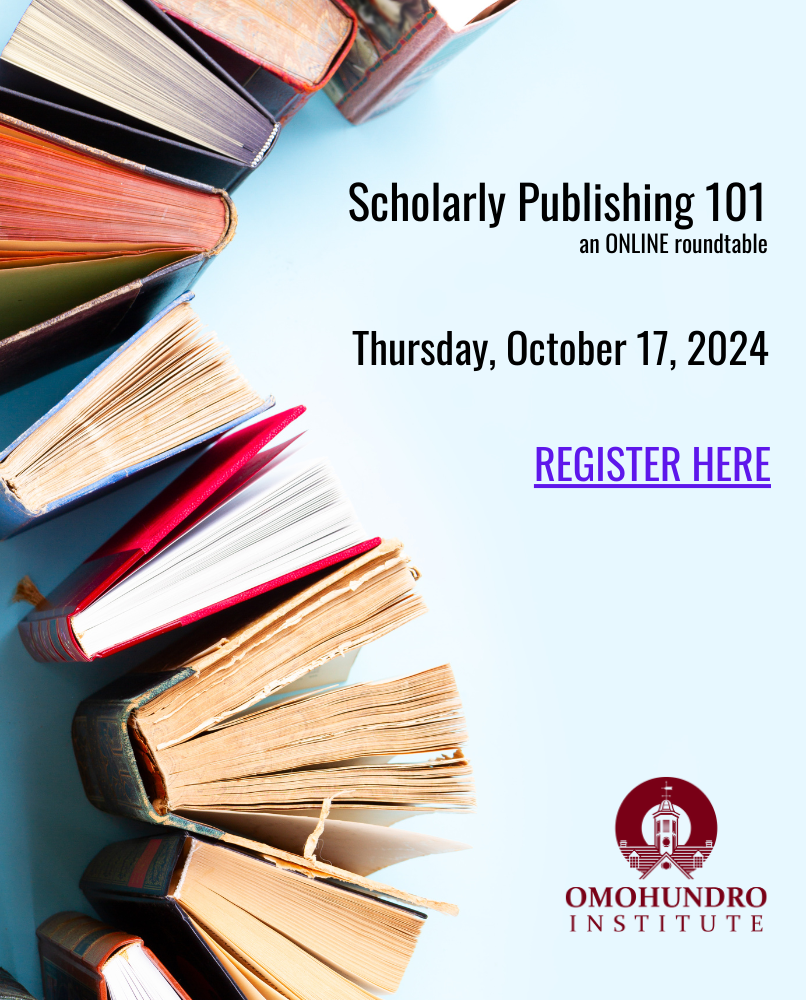Scholarly Publishing 101 (ONLINE)
An online roundtable concerning the basics of scholarly book publication featuring: • Meredith Carroll (Editor, Manchester University Press) • Dylan Montanari (Associate Editor, University of Chicago Press) • Nicholas Popper (Interim Editor, Omohundro Institute of Early American History & Culture) • Nadine Zimmerli (Editor, University of Virginia Press) Please join us on October 17 at 11:00 EST/10:00 CST/4:00… Read More

![581px-John_Marshall_by_Henry_Inman_1832[1]](https://oieahc.wm.edu/wp-content/uploads/581px-John_Marshall_by_Henry_Inman_18321.jpg)
![Omo_m1_large-e1600720321723[1]](https://oieahc.wm.edu/wp-content/uploads/Omo_m1_large-e16007203217231.jpg)